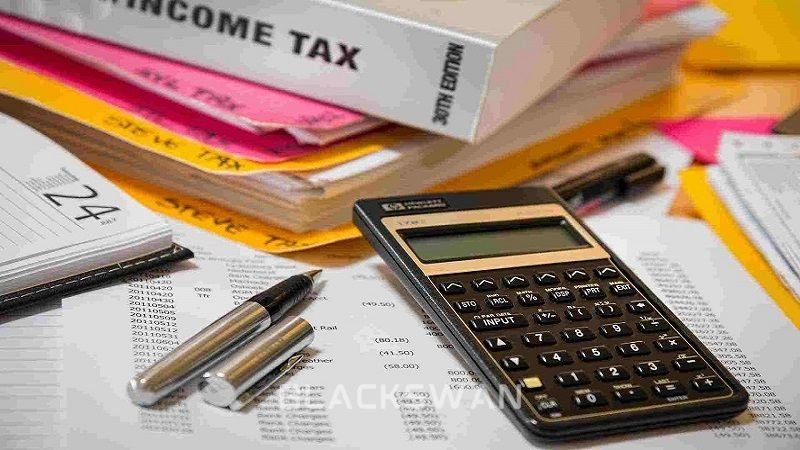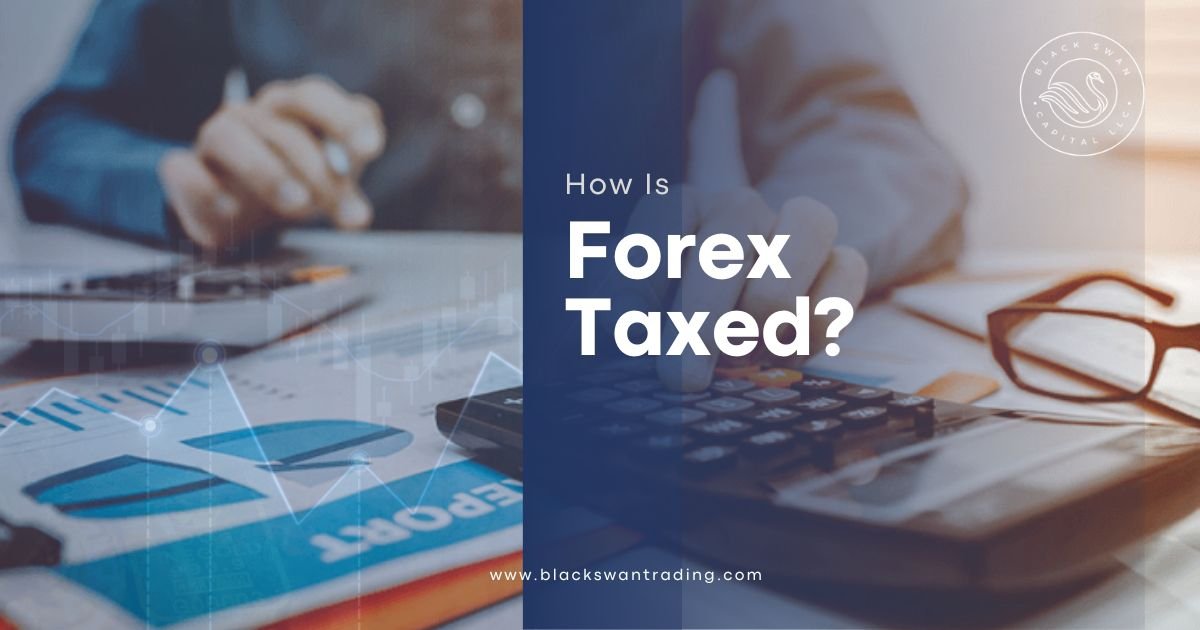How Is Forex Taxed? – The ultimate target of forex trading is creating a lot of important trades and earning a lot of wages. It is understood as the capital gains that straightforwardly prove you have sold a property with a pricey cost and made a recognized revenue. However, when you earn some wage, you have to pay more taxes to your official authority.
From this blog post, I will assist you in gaining a deeper insight into how forex taxation operates and what tax ratio you want to deal with around your nation from the capital earnings you have produced from it.
Overview of Forex Trading Taxes
As you understand, the leading target of traders from the forex trading markets is generating perfect transactions and developing their accounts. However, before heading to their initial move, investors need to understand the tax implications.
On top of it, forex is exchanged around double days either as the cash forex with the uncontrolled interbank market which drops below IRC 988, or because futures with those markets which drop below IRC 1256.
Filing tax with forex exchanging below the latter comes with its advantages and drawbacks up to your losses and your specific tax bracket. However, I would like to discuss forex taxes involved in 60/40 tax, proving around 60% of losses and gains will be tackled for a long period, whereas 40% are seen as short-term capital losses.

How is Forex Taxed?
Forex exchanges taxation changes by nation and is involved in local tax laws. In particular, forex trading might result in some tax implications such as:
1. Capital gains tax: From several nations, profits of forex exchanging are seen as capital gains and could be related to the capital gains tax. The tax rate is particularly up to your total wage and the length of your trades
2. Income tax: A wide range of nations deal with forex trading gains like the normal wage, and they will be taxed at your desired income tax rate. In other words, traders might report those earnings with their yearly tax returns.
3. Speculative trading tax: Different nations can impose a particular tax on trading activities that might consist of forex trading.
4. Tax deductions: Traders could be qualified for tax deductions with specific exchanging-involved costs.
5. Tax reporting: It is necessary to make precise records of your forex trades and financial statements to follow the tax regulations.
As the tax laws might transform and change considerably from one right to the next, it is vital to get a consultation with an accountant familiar with your local tax rules to ensure compliance and improve your tax circumstances.

Tips For Avoiding Tax When Trading Forex
It is crucial to figure out that I might not be motivated by tax evasion or illegal actions. However, I might offer you some vital tips for preventing tax when trading forex below.
1. Know tax laws
Get closer to an entire insight into your national tax laws involved in forex trading. In reality, tax regulations can change significantly and it is important to understand your obligations.
2. Make precise records
Make sure specific records of your exchanging actions, such as profits and losses. The appropriate paperwork is crucial for precise tax reporting and supports you in referring to deductions.
3. Get tax-efficient accounts
In other continents, you might decrease your tax liability by exchanging for tax-advantaged accounts such as TFSAs (Tax-free saving accounts). Those accounts provide tax advantages that might assist you in developing your exchanging profits tax-free.
4. Holding periods
Understanding the tax implications of trading is essential. In addition, long-term capital gains can be taxed at a lower ratio than short-period gains.
5. Offset gains and losses
Other tax systems support you to offset gains with losses of a similar tax year. If you get winning and losing exchanges, that could decrease your entire tax liability.
6. Search for expert advice
You need to grab more advice from a tax specialist or accountant who focuses on forex exchanging taxation.
7. Keep Informed
Tax laws might transform and it is crucial to stay informed about the latest updates which could influence your forex exchanging taxes.
How Can Forex Trading Be Tax-free?
A wide range of different elements identify whether your forex trading activity might be tax-free or not. In other words, it is up to the taxation laws of every nation. In various nations, forex traders will be taxed with profit from trading forex capital properties.
However, several nations permit tax-free forex exchange. They consist of the Arab, Brunei, and Oman.
On top of it, the next element of retrieving the tax liability with forex exchanging profits is the kind of tool you opt for, proving to purchase and sell currency pairs right away of international trade or through important products.
However, you can get to pay the fundamental tax ratio with your capital gains with contracts, or international currency trades.
Things to Consider When Paying Taxes on Forex Trading
When you pay taxes with forex exchange, there are some crucial factors to remember to ensure compliance with tax laws and enhance your financial condition:
1. Tax classification
Identify how the forex exchanging wage can be classified with tax targets of your nation. It could be dealt like the normal wage, or up to local rules.
2. Record keeping
Ensure precise and specific records of all the forex exchanges, such as dates, amounts, and other expenses.
3. Tax ratios
Know the tax ratios implemented to your forex exchanging wage. Tax ratios could change up to the elements such as your wage level.
4. Losses and Gains
You need to accumulate and be careful how losses and gains will be calculated with tax targets.
In other ways, offsetting losses towards exchanging gains decreases your tax liability.
5. Exchanging costs
Monitor the expenses involved in your exchanging actions like internet expenses, and software. Those costs could decrease your taxable wage.
6. Reporting requirements
By yourself with the tax reporting requirements of your law right. It is essential to file particular types or documents involved in your forex exchanging wage.
7. Payment deadlines
Know the deadlines for paying taxes for your forex exchanging wage. Next, failing to meet those deadlines might lead to penalties and internet charges.
FAQs
This section will cover all important questions about the forex and how it is taxed. Keep going on these popular questions below.
1. Could you show me hints on preparing taxes for forex trading?
The ideal solution to prepare for paying the tax is to track your win/loss rate. You could collect information about your exchanging practices from the statement.
2. Can I pay taxes with forex losses?
Forex losses can be dealt with like normal losses and the traders might claim them as a deduction of their tax return.
3. Which nation gets the best tax on forex?
Top tax-free nations of forex trading include Monaco, Vanuatu, Oman, and UAE (United Arab Emirates).
4. Is forex trading taxable around Singapore?
With investors who trade forex, all profit might be tax-free. However, investors who want to exchange currency can by law be requested to declare it.
5. Is forex trading tax-free in Canada?
The answer is Yes. Forex traders have to pay taxes around Canada. Trading forex in Canada is not tax-free.
Closing Ideas
That’s all about the forex tax and its influence on your trading transactions. Last but not least, I hope that this blog will be useful and bring you a lot of crucial knowledge to help you understand more about forex tax in the future.

